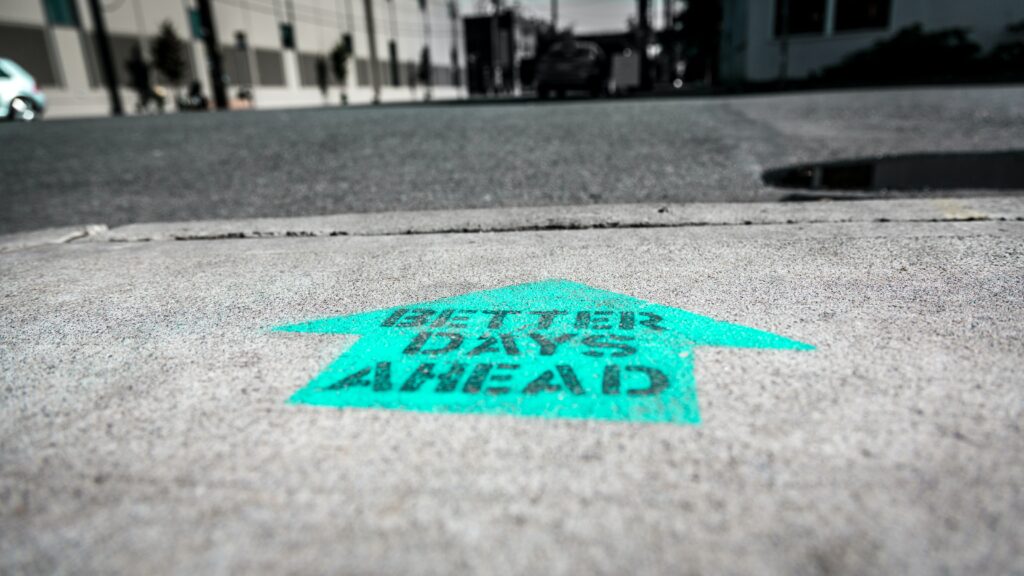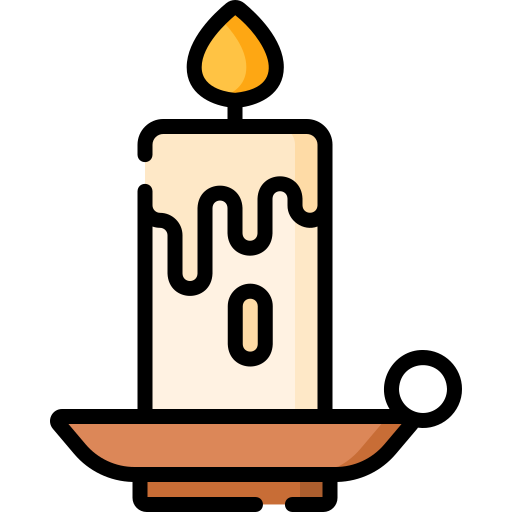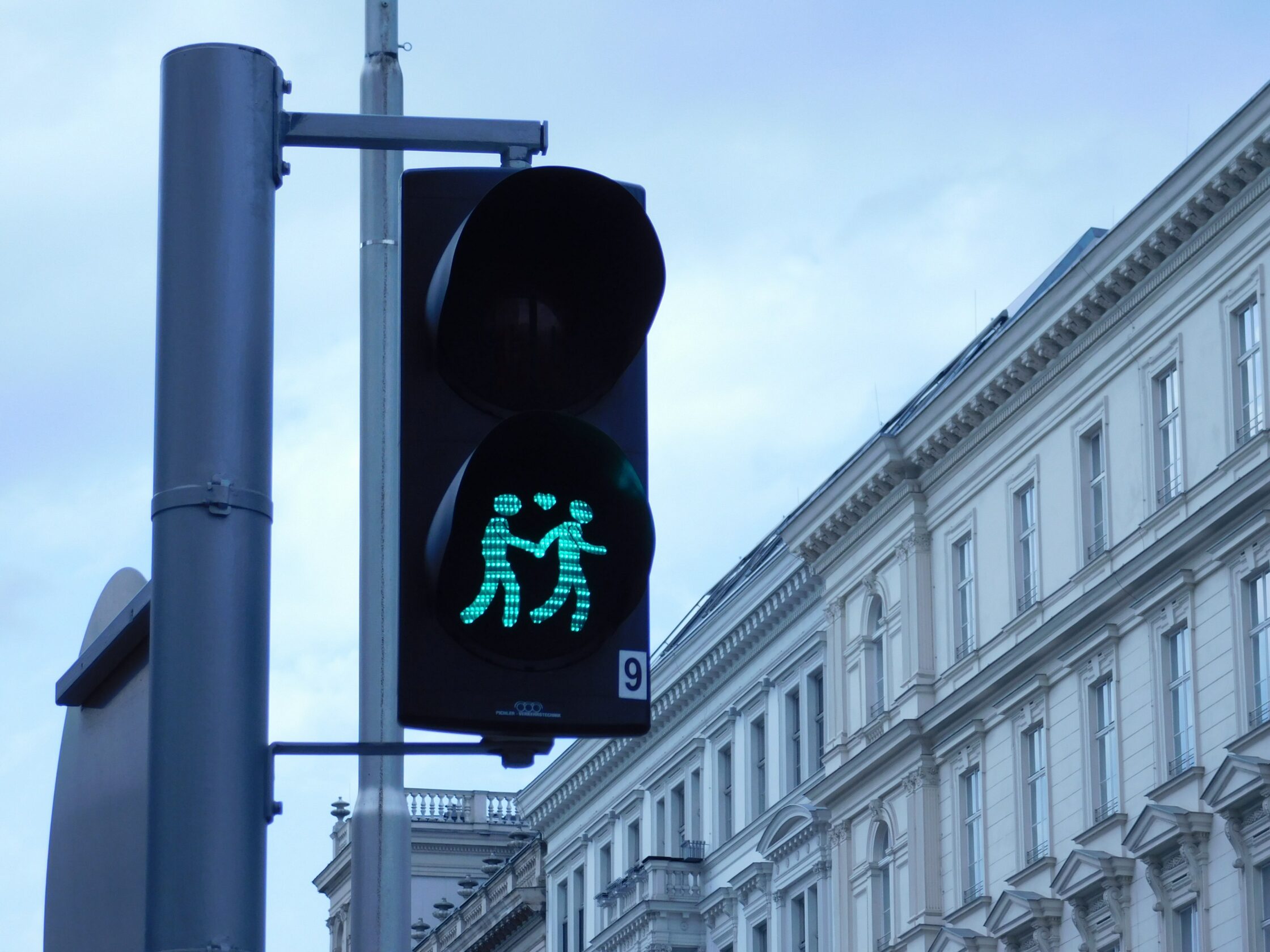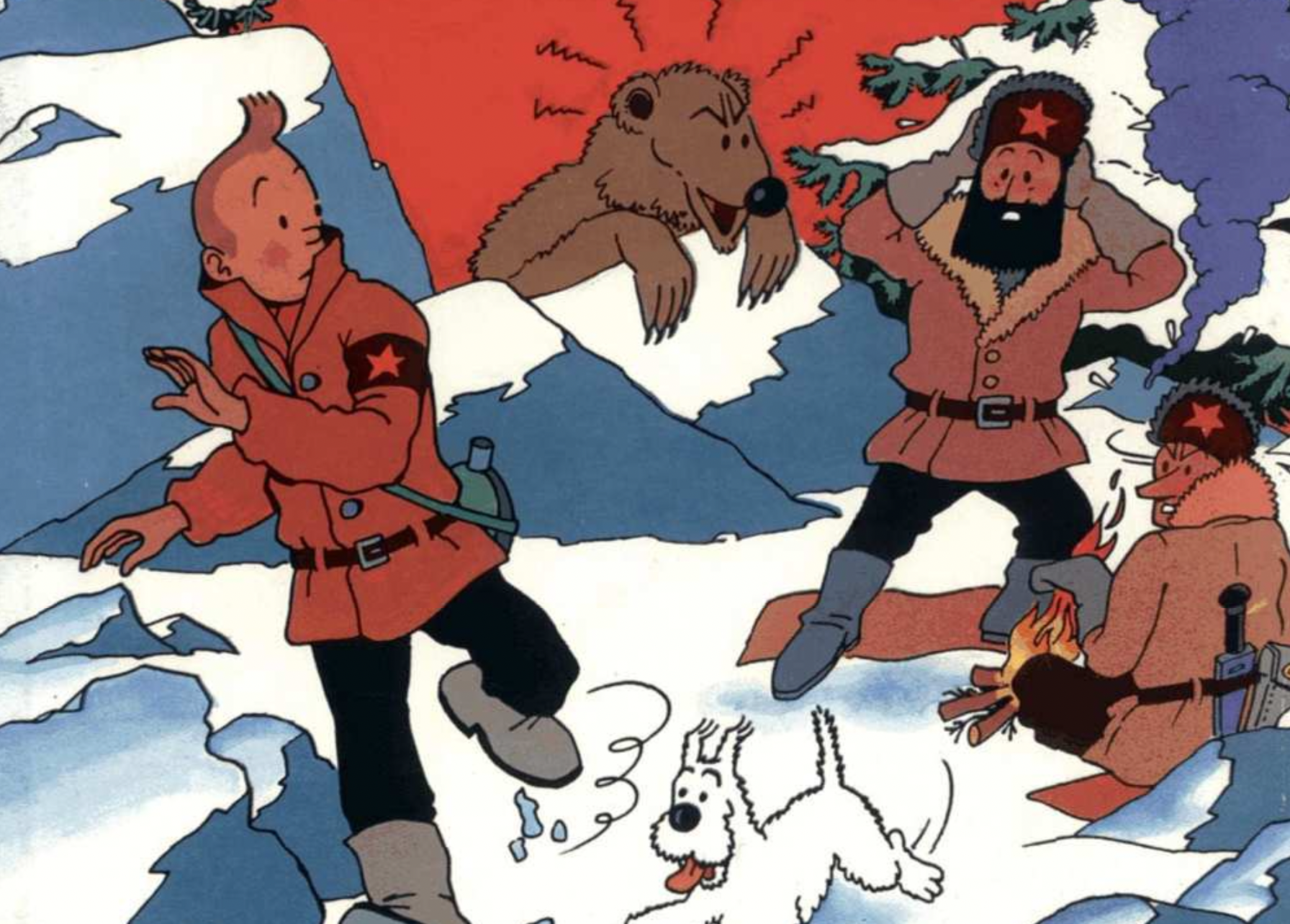The topic of today’s in-class discussion was adapting for disabilities in the classroom. Today’s guest speaker was kind enough to share their own experiences in advocating for students with disabilities, some of which were deeply personal. I have been fortunate in my lifetime to have struggled very minimally in the education system, as well as in the post-secondary education system. I have not yet found myself hindered by a long-term mental or physical disability, and so I sometimes feel unable to empathize with people who have faced intense struggles in their education. As an educator, it is one of my deepest desires to have a lasting positive impact on the lives of every single one of my students. While the feasibility of actually achieving this goal could be discussed and debated, it is more than likely going to be an impossible goal if I do not find adequate ways to foster inclusive curriculum, and classroom spaces. It is therefore imperative that each semester, I work to seek to understand the struggles of my many diverse students to the best of my ability.
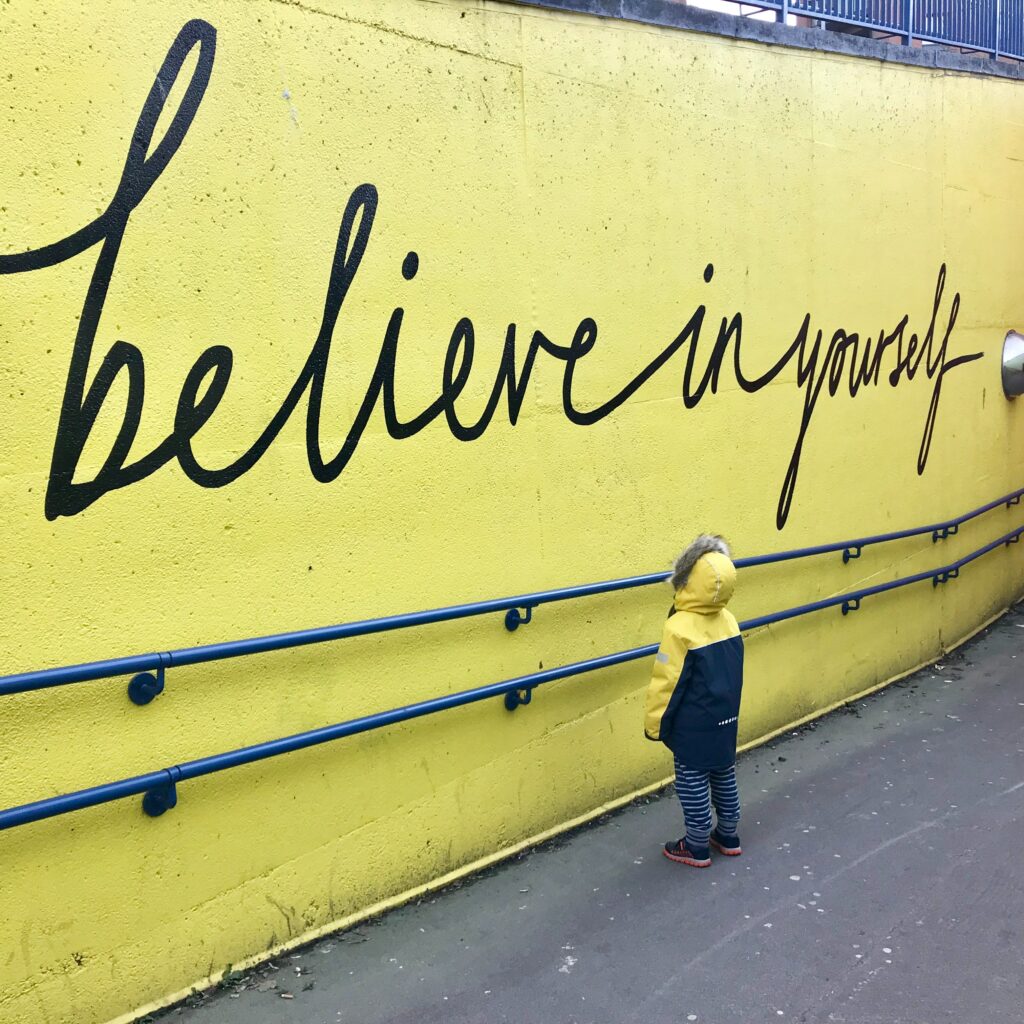
Today’s class caused me to reflect on my own experiences in education, and to compare and contrast them with the experiences of someone very close to me. One of my closest friends in this world is my cousin. He is someone who exhibits many virtues I lack. He is patient, compassionate, and deeply empathetic. Despite us having been born within two weeks of one another, he is full of profound wisdom which he has somehow discovered how to communicate when it is most desperately needed. In many ways throughout our entire lives, he has been my better half. Based on this description, it may (or may not) come as a surprise to the reader that my cousin struggled severely throughout the entirety of his journey in the public education system. When we were younger, I (along with other members in our family) used to think that he was exaggerating or hyperbolizing when he would talk about the abuses he faced from his teachers. He often described instances of verbal abuse from frustrated and disgruntled educators who couldn’t tolerate his lack of comprehension of the given curriculum. Teachers thought he was lazy, disrespectful, inattentive, and generally a nuisance. Years of various forms of abuse from peers and teachers left my cousin feeling embittered about education altogether. Sadly, he internalized many of the unkind words that were spoken to him over the years, and began to feel that he was, in many ways, inadequate. Somewhere in the course of his education, my cousin was eventually diagnosed with a learning disability. While an official diagnosis may have granted him some small degree of extra compassion from his teachers, his struggles persisted.
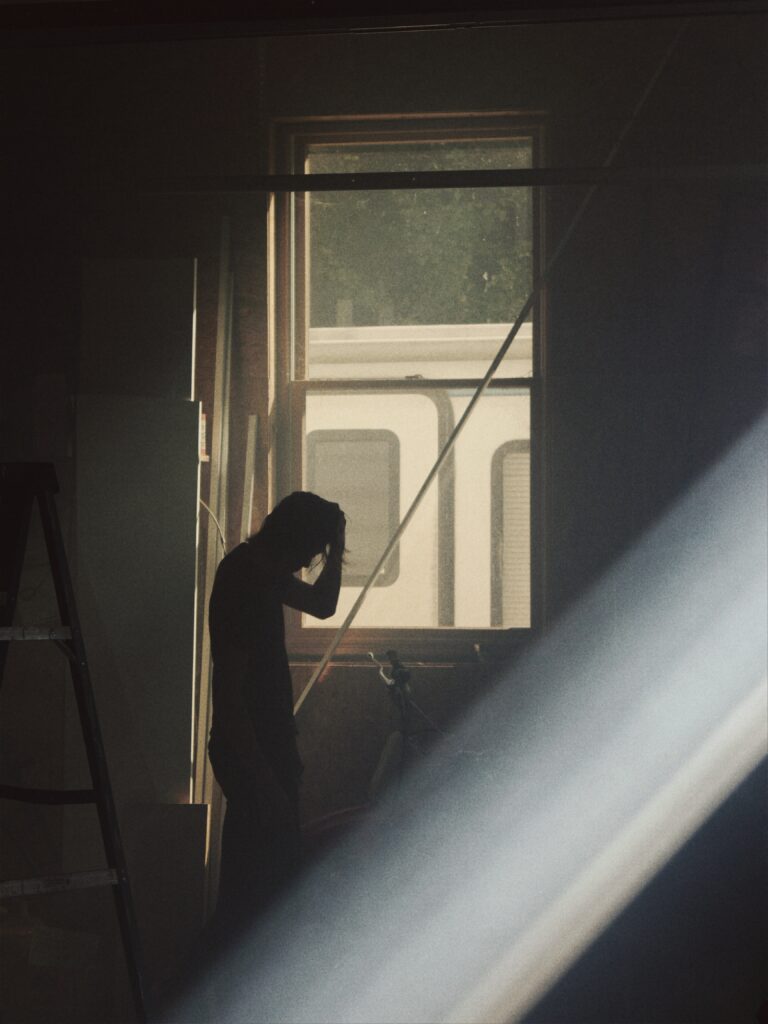
Though my beloved cousin has been fortunate to be able to grow and mature into a healthy, mature individual, he has had to do so in spite of his experience in public education. His adverse experiences from childhood and adolescence have been used to develop his astonishing compassion and unconditional kindness, which he gives freely as a gift to so many people he encounters. He should not have, however, had to suffer so greatly in a system that is purported to be for the betterment of individuals. So many of his internalized deprecatory narratives, could potentially have been avoided if he had been fortunate enough to have teachers that cared enough about him to take the extra time required to understand his needs, and adapt their class to meet them. The education system he needed was not the one he was thrust into. His experience, and the countless similar experiences of others living with disabilities, are invaluable for guiding future educators towards developing a more inclusive, compassionate system that can contribute to the betterment of all students.
